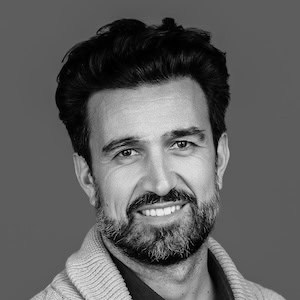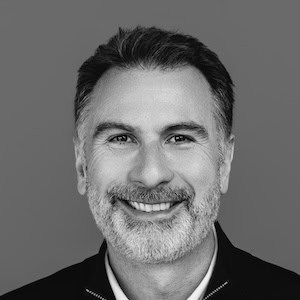-
Filling the Funding Gap in ‘Pay for Success’
Pay for Success is a promising tool to measurably improve the lives of people in need and address the gap in funding for social programs, says Eileen Neely of Living Cities. It leverages private and philanthropic investors to fund preventative social programs, and the government only repays them for successful outcomes. But according to Neely, there are some concerns about upfront costs that could limit the scalability of the model. She discusses a possible solution in this post.
- Categories
- Investing
-
Seven Wishes from Seven Thought Leaders for Financial Inclusion in 2016
2015 was an important year for the world of financial inclusion. To better understand and build on the year's successes, BRAC approached the Microfinance CEO Working Group to inquire about their wishes for financial inclusion over the coming year. Here’s what seven industry thought leaders shared with them.
- Categories
- Uncategorized
-
NexThought Monday: Would You Give Up Your Cellphone to Save a Child?
Last fall, University of San Francisco professor Bruce Wydick presented his students with a confounding challenge: If everybody in the classroom were to make a $50 direct cash transfer, he said, they could potentially save a poor Ugandan child's life. In fact, he added, a donor had pledged to give $50 through GiveDirectly for every student, on one simple condition: They had to part with their cell phones for two weeks. Wydick describes the fallout in this thought-provoking post.
- Categories
- Technology
-
Weekly Roundup: Big Upside of Small Farmers; Using the Bully Pulpit to Fight a Bully; It’s Good to Be Ultra-Rich
What if some of the most marginalized people on the planet – the proverbial “smallholder farmers” with a small plot and an even smaller number of livestock – could command the attention of powerful telecom and technology players? Here’s another question: What if it’s already happening?
- Categories
- Health Care, Technology
-
Private Maternity Care Takes Center Stage
Is maternity care delivered by private health providers a luxury reserved for wealthy women? Not according to a new study, which shows that 40 percent of women in low- and middle-income countries receive maternal health care and family planning services from private providers.
- Categories
- Health Care
-
An Eventful Year in Impact Investing – An Interview with ImpactAssets’ Fran Seegull
2015 saw the impact investing sector take some crucial steps toward the mainstream - and 2016 seems likely to build upon that momentum. We spoke with ImpactAssets' Chief Investment Officer and Managing Director Fran Seegull about this evolution and how it could play out in the year ahead.
- Categories
- Investing
-
App Making Noise in Africa
Hearing loss is a global epidemic; 1.23 billion people had some form of impairment in 2013. Recognizing that up to 50 percent of hearing losses could be prevented through primary and secondary preventative measures, hearScreen is designed to detect hearing loss in the developing world through use of a low-cost smartphone.
- Categories
- Health Care
-
10 Global Health Trends from 2015 and What They Mean for the New Year
It's not too early in 2016 to see a few emerging themes: a transition toward local ownership of health priorities, financing and implementation; a growing need to understand and target specific segments of populations; and a shift in focus to several emerging areas of opportunity which are new to the global health agenda.
- Categories
- Health Care










